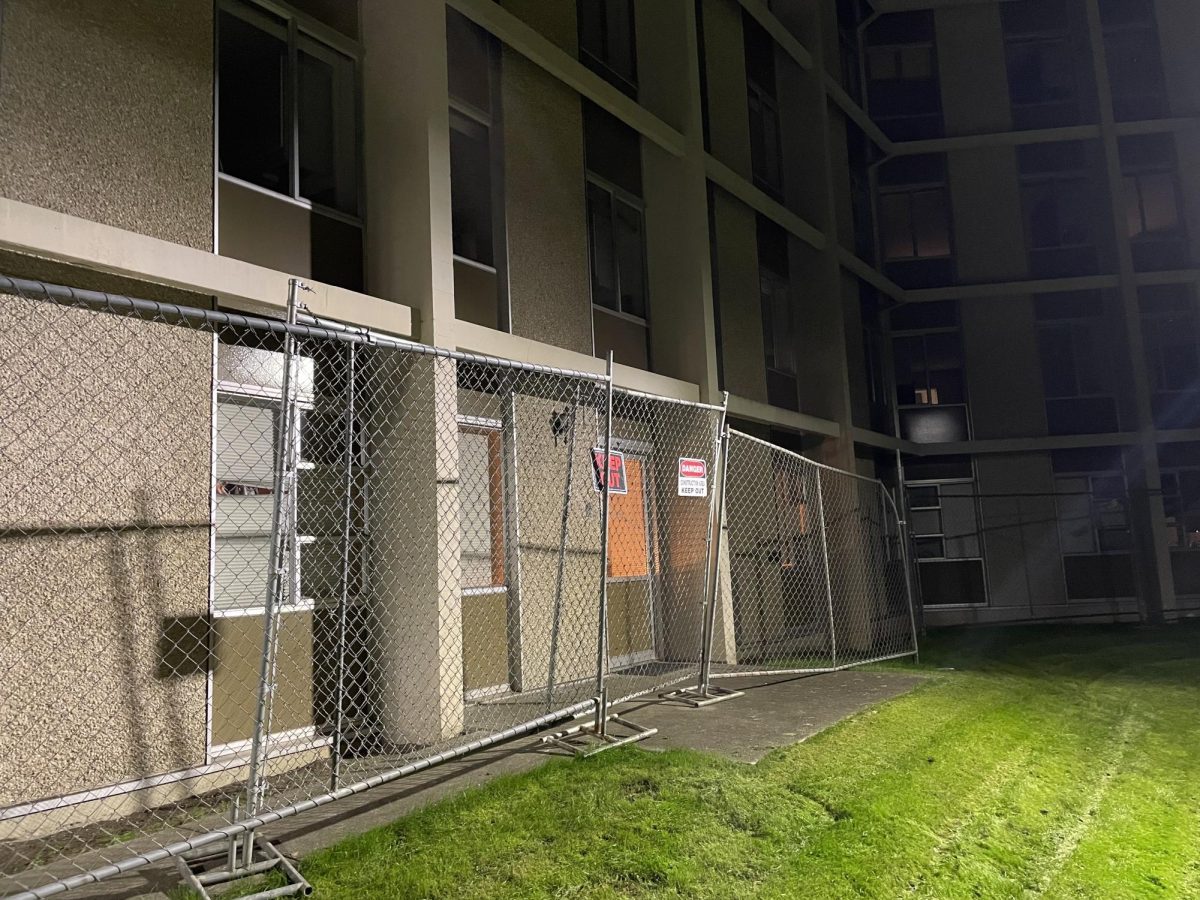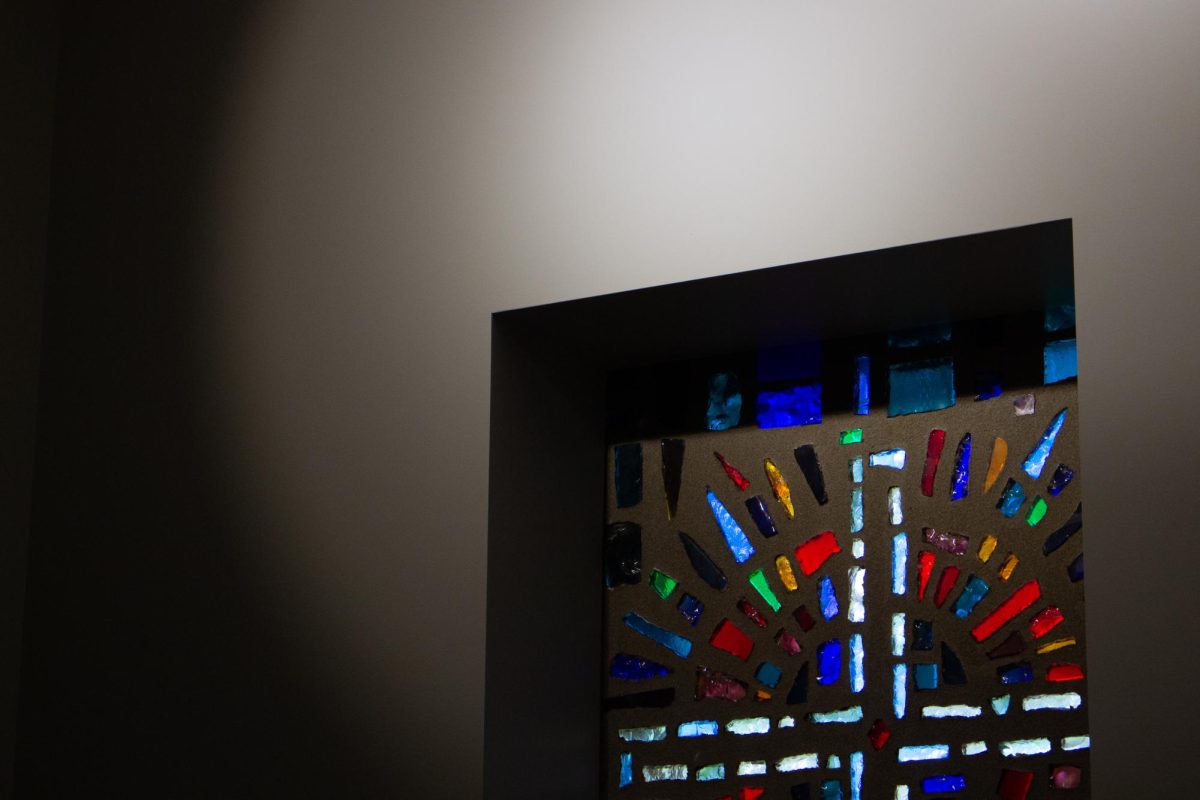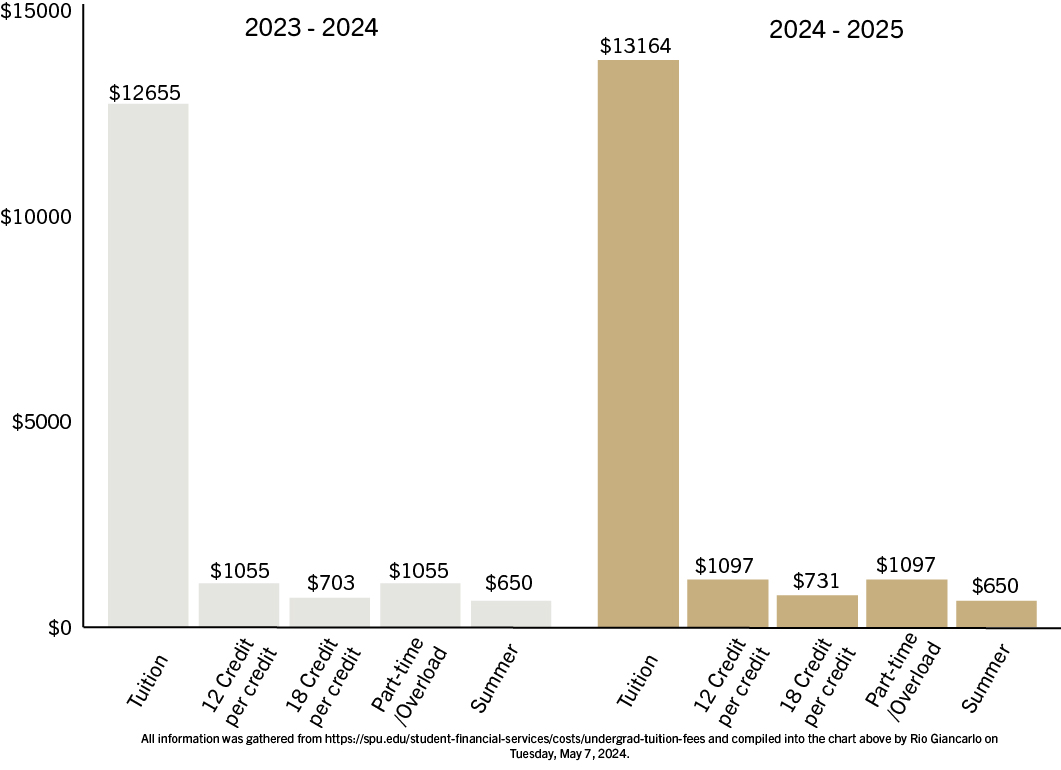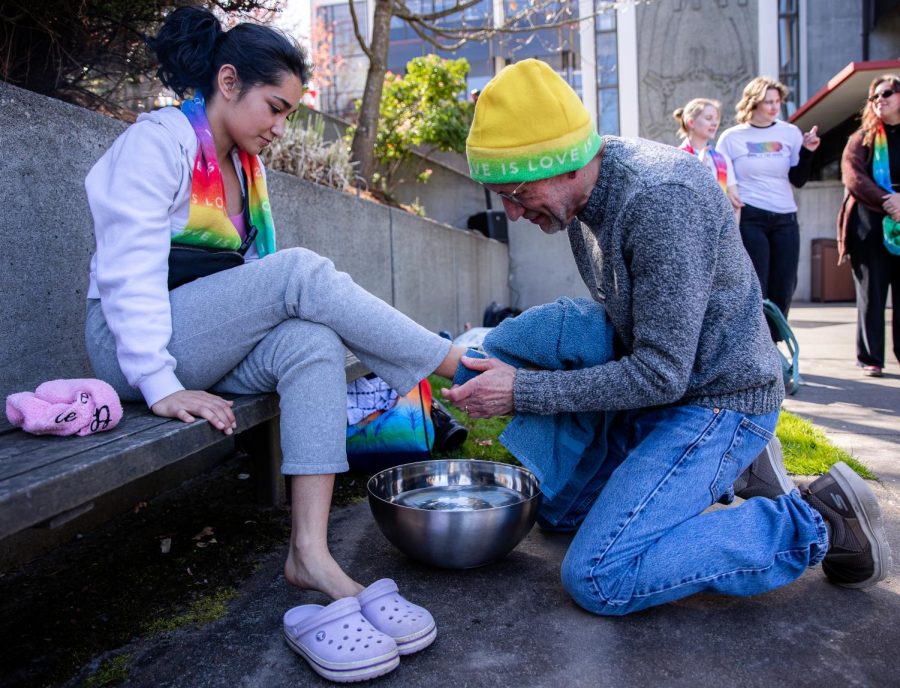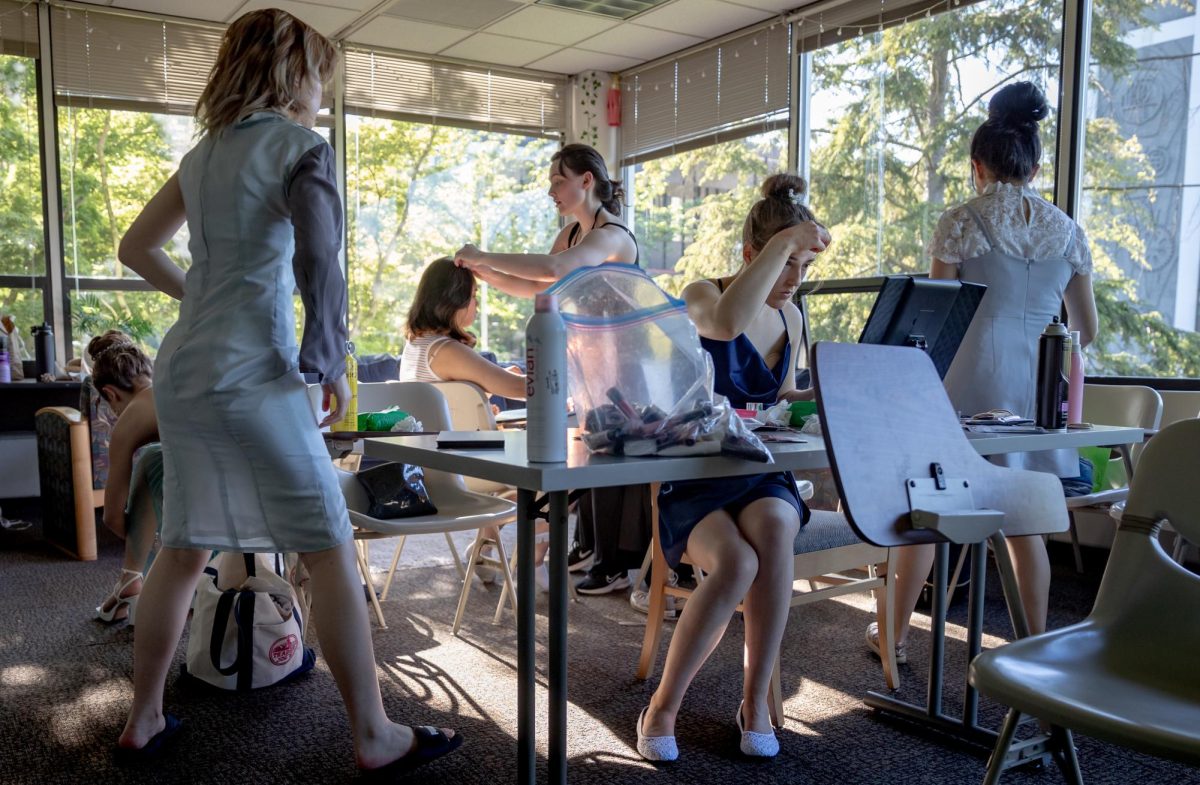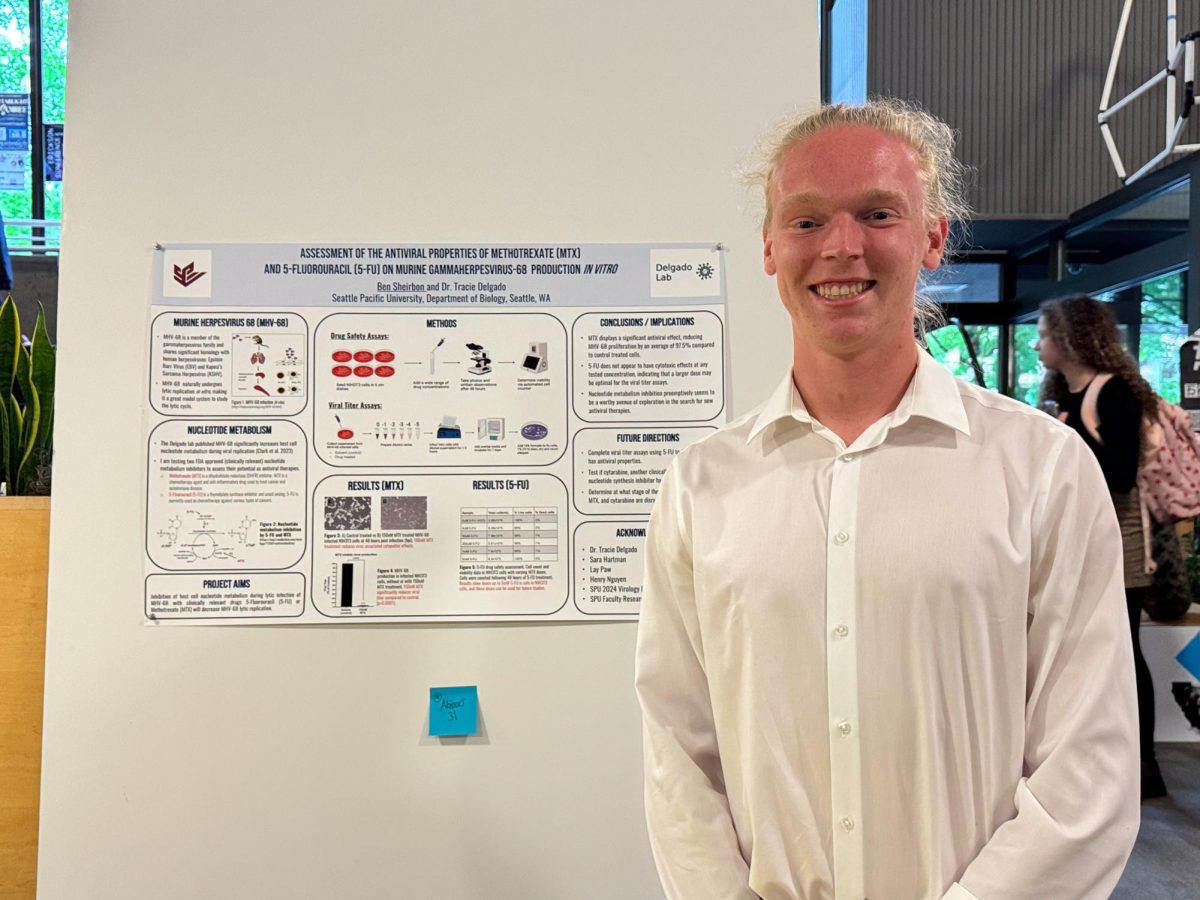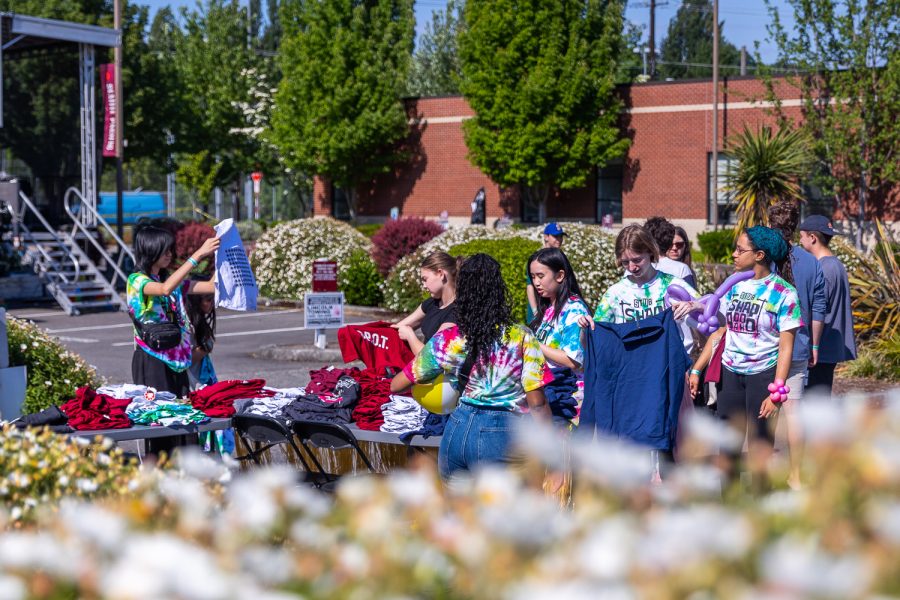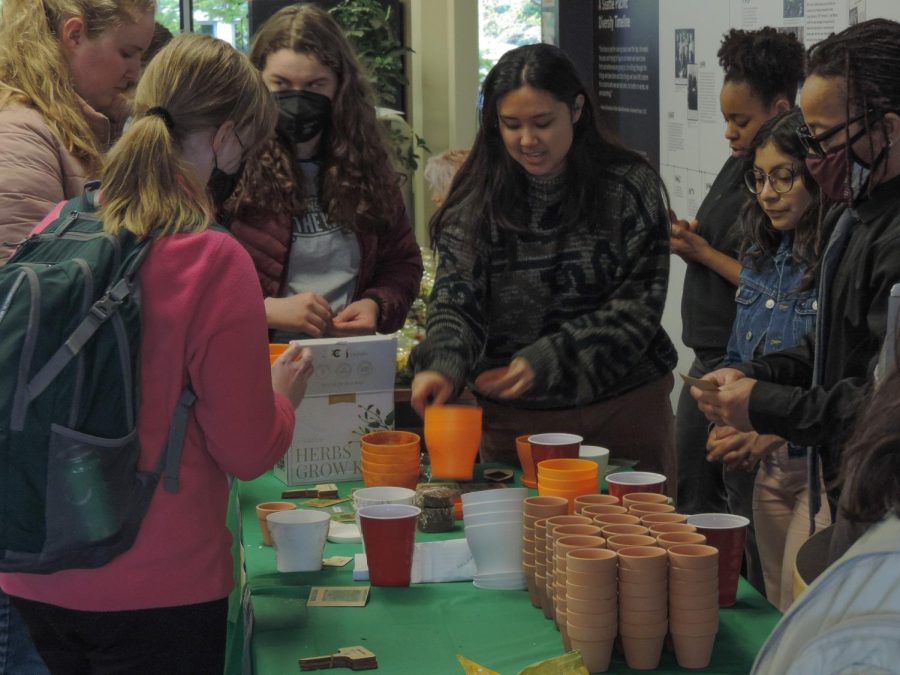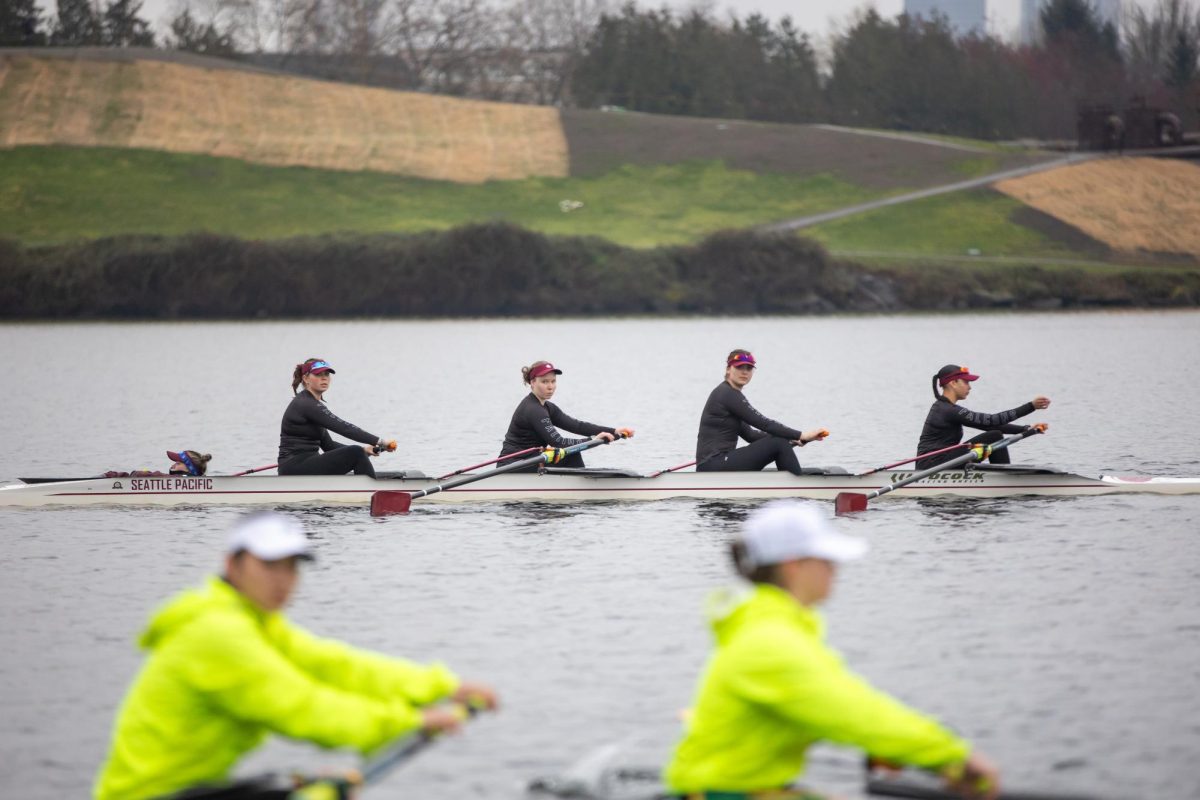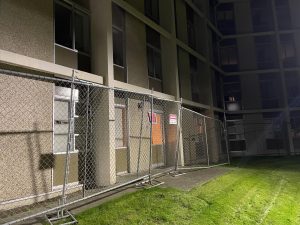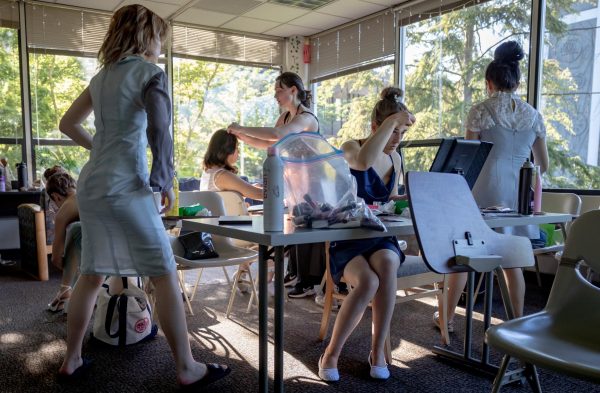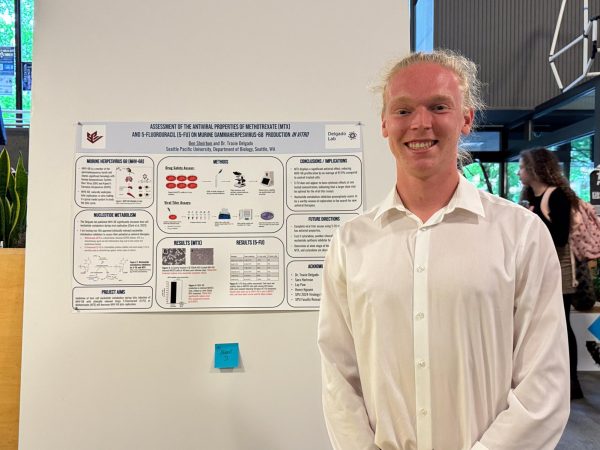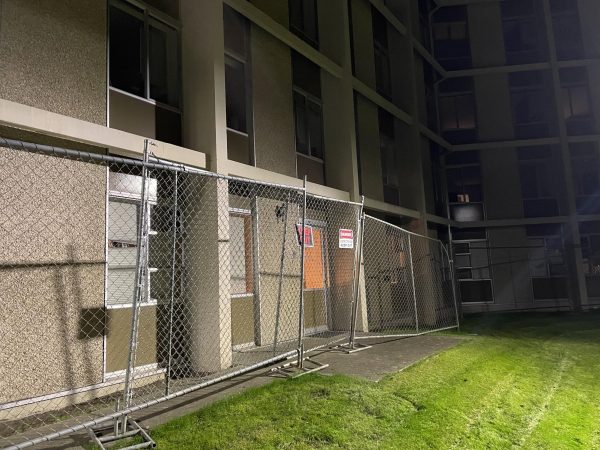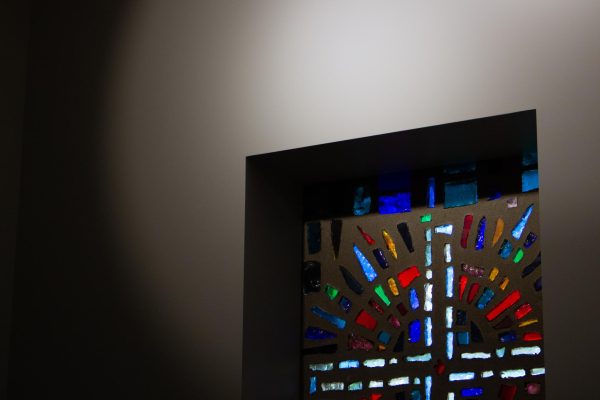It’s about time SPU has some real sex education
October 7, 2021

Christian ideals around human sexuality have evolved in the 21st century, and Seattle Pacific University needs to catch up. The lack of comprehensive sex education on campus not only puts people at a greater risk for unplanned, mistimed pregnancy or contraction of an STI, but it also has damaging psychological effects.
In order to combat these issues, SPU must adopt a more comprehensive sexuality approach as well as reevaluate their Student Standards of Conduct and the Statement on Human Sexuality.
As of 2021, SPU’s approach to sexual education is abstinence – based. The Student Standards of Conduct states, “Behaviors for which students or student organizations are subject to disciplinary action include… Sexual activity outside of a married relationship. Cohabitation between two persons in an amorous relationship who are not married to each other is also prohibited.”
Abstinence-based programs have been shown to be largely ineffective in preventing teen sexual activity. They do not equip young adults with the tools needed to have safe sex when it inevitably happens.
The goal of abstinence-based programs is to delay the age of intercourse in young adults. However, research from the Guttmacher Institute has shown that they have no significant impact in delaying the age that young adults begin having sex. Most SPU students and professors acknowledge that students have sex on campus. So, the expectation that SPU students will not have sex is not only wrong, but dangerous and irresponsible.
Another aspect to consider is that many SPU students come from private schools that also do not provide comprehensive sex education. This may lead students to look to pornography or other non-credible sources for sexual information.
It is a school’s responsibility to keep their students safe, and SPU is failing to do so by not offering sexual education to students. Not only can a sex-negative environment have detrimental health effects to young adults, but it can also have psychological effects.
SPU’s policies promote gender stereotypes that are connected with negative sexual behaviors. The idea that sex is bad can lead young people to carry shame surrounding sex and may lead to relationship and intimacy problems in the future.
In addition, these policies, as well as the Statement on Human Sexuality, ostracize and systematically ignore sexual minorities, such as LGBTQIA+ individuals.
SPU has some options for providing a more sexually safe environment for students while not abandoning their ideals of encouraging saving sex for marriage.
One avenue would be adding more sex education in orientation week. Sexual assault prevention is already covered, however consent, communication about sex, both abstinence and safe sex practices, STI prevention, as well as drinking and sex should be covered. Sex education should also continue after orientation.
Condoms should be available for free in the Health Services Center, and this should be widely advertised. In addition, education on consent and sexual assault prevention should be available throughout the year. This could be through posters, emails, and videos.
I would like to live on a campus where young adults do not feel shame surrounding sex, and where it would not be a taboo subject. As a woman who lives in Christianity, I have experienced and seen the negative effects of an environment where shame surrounds sex. The idea that sex is a bad thing will not suddenly leave when young adults get married. That’s why I would like to live on a campus where sex can be shed in a positive light, for the sake of the health and safety of my peers.

